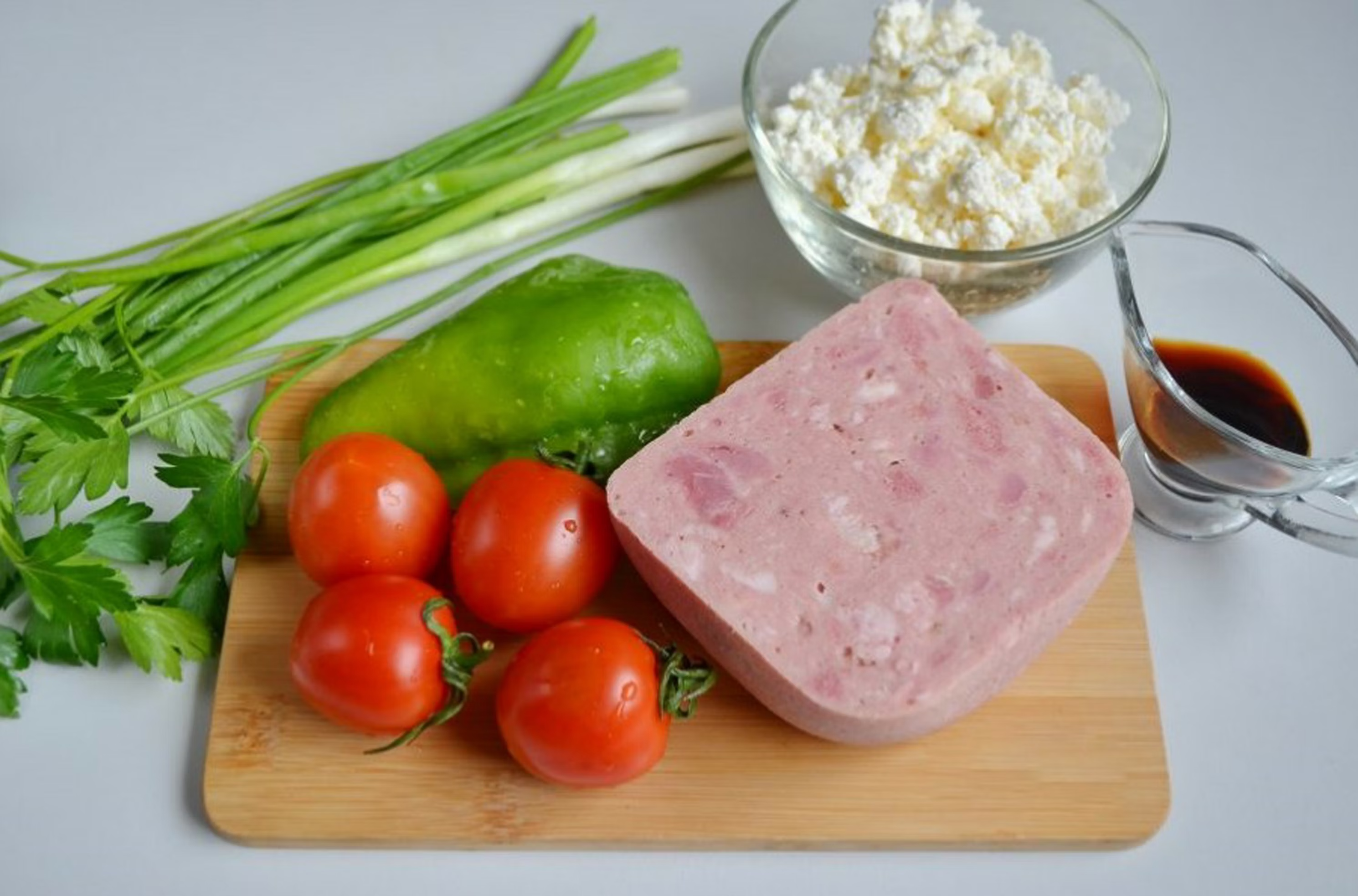Cottage Cheese Calories: Healthy Facts
Cottage cheese is often touted for its nutritional value, especially for those looking to maintain a balanced diet. Characterized by its soft, crumbly texture and mild flavor, this dairy product is made from the curds of pasteurized cow's milk. It comes in various fat levels, including non-fat, low-fat, and regular, each variant impacting the total calorie count. In its low-fat version, cottage cheese provides a substantial amount of protein with relatively few calories, making it a popular choice among health-conscious individuals.

Cottage cheese is often touted for its nutritional value, especially for those looking to maintain a balanced diet. Characterized by its soft, crumbly texture and mild flavor, this dairy product is made from the curds of pasteurized cow's milk. It comes in various fat levels, including non-fat, low-fat, and regular, each variant impacting the total calorie count. In its low-fat version, cottage cheese provides a substantial amount of protein with relatively few calories, making it a popular choice among health-conscious individuals.
The calorie content of cottage cheese can vary, but a 100-gram serving of low-fat cottage cheese typically contains around 84 calories, coupling with beneficial nutrients such as calcium, which contributes to bone health. This nutrient-dense food aligns well with a variety of dietary needs, offering a significant protein boost with each serving. Moreover, its versatility in recipes—from savory dishes to sweet desserts—adds to its appeal for those looking to incorporate more protein-rich, low-calorie options into their meal planning.
When considering the nutrition facts of cottage cheese, it is not only the caloric and protein content that merits attention but also the broader spectrum of vitamins and minerals it contains. Integrating cottage cheese into one's diet can support various health goals, such as weight management and muscle repair, which is why it is often found in the dietary regimes of athletes and fitness enthusiasts alike.
Nutritional Profile of Cottage Cheese
Cottage cheese, a versatile dairy product, comes loaded with a balanced blend of proteins, essential fats, and other vital nutrients contributing to a nutritious diet.
Macronutrients and Calories
A 100-gram serving of 2% cottage cheese contains about 84 calories, with protein being the powerhouse nutrient at 11 grams. This serving also provides a moderate amount of fat, approximately 2.3 grams, which includes both saturated and unsaturated fats. The carbohydrate content is relatively low, with around 3.38 grams of carbs, primarily in the form of lactose.
| Nutrient | Amount in 100g | | ----------------- | ----------------- | | Calories | 84 | | Protein | 11g | | Total fat | 2.3g | | Saturated fat | Data not provided | | Carbohydrates | 3.38g |
Vitamins and Minerals
Cottage cheese is a good source of essential minerals like calcium, providing about 83mg (8% of DV) per 100 grams. It also contains sodium—up to 364mg (16% of DV). The presence of minerals such as potassium, phosphorus, and magnesium contributes to the overall nutrient density. Moreover, it includes vitamins like B12, riboflavin (vitamin B2), and is typically fortified with vitamin D.
- Calcium: Supports bone health.
- Phosphorus: Aids in metabolism and energy production.
- Vitamin B12: Crucial for blood formation and brain function.
Health-Oriented Components
The protein in cottage cheese is rich in amino acids, the building blocks for muscles and various bodily functions. Some cottage cheeses contain probiotics, beneficial bacteria that can aid digestive health. While typically low in sugar and fiber, cottage cheese can be a part of a balanced diet that supports weight management and overall health due to its high protein and low-calorie content.
- Probiotics: Support gut health.
- Amino acids: Essential for protein synthesis and muscle maintenance.
By understanding the nutritional profile of cottage cheese, individuals can incorporate this food into their meals, taking advantage of the variety of nutrients it offers.
Diet and Health Impact
Cottage cheese plays a versatile role in diet and health, offering benefits like weight management due to its high protein content and potential risks related to fat intake. Its impact on health is influenced by the variety consumed, be it regular, low-fat, or nonfat.
Weight Management and Diet
Cottage cheese is considered a valuable food for weight loss and diet management due to its high protein content and low calorie count. A serving of low-fat cottage cheese can contain a significant amount of protein, which aids in satiety and can thus help control appetite. The calories in cottage cheese can vary; for example, one cup of low-fat cottage cheese typically provides around 163 calories. Including cottage cheese in a balanced diet may promote weight management by providing a feeling of fullness with fewer calories.
Health Benefits and Risks
The consumption of cottage cheese can offer various health benefits, including contribution to bone health due to its calcium content. Regular inclusion of low-fat or nonfat varieties in the diet can also play a role in reducing the risk of heart disease and managing blood pressure. However, people who are lactose intolerant may need to opt for lactose-free options to avoid discomfort. While regular cottage cheese contains saturated fat and cholesterol, choosing reduced-fat or nonfat options can help limit these components.
Incorporating Cottage Cheese in Meals
Cottage cheese can be used creatively in various meals throughout the day. For breakfast, a bowl of cottage cheese with fruit like strawberries can offer a nutritious start. It also pairs well with vegetables such as carrots, which make for a healthy and crunchy snack. Low-fat or nonfat cottage cheese varieties serve as healthier alternatives and can be used just like the regular version in recipes, adjusting the serving size and additional ingredients like cream or eggs to maintain a balanced macronutrient profile.
Want more posts like this?Sign up for our FREE newsletter →